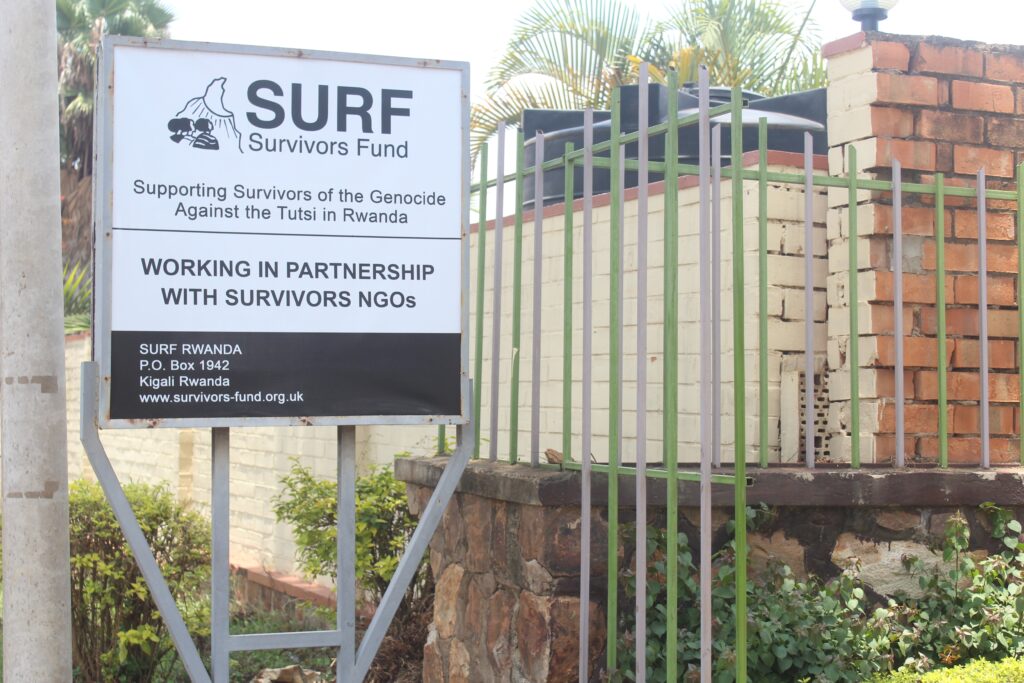
This is one of a series of extracts of questions and answers from An interview with Samuel Munderere and David Russell of Survivors Fund (SURF) on reparative justice for survivors of the 1994 Genocide against the Tutsi in Rwanda published in a Special Issue of Peace Review, a journal of social justice, to mark the 30th Anniversary of the Genocide against the Tutsi in Rwanda.
What role does punishment for genocide perpetrators play in reparative justice for genocide survivors? How can countries in which genocide perpetrators live in North America, Australia, Europe, and Africa ensure greater accountability for their crimes and ensure that individual criminal accountability for genocide is respected and enforced?
Punishment for genocide perpetrators plays a crucial role in reparative justice for genocide survivors by providing a sense of accountability, acknowledgment of the harm done, and deterrence against future atrocities. It validates survivors’ experiences, contributes to the restoration of dignity, and helps prevent impunity.
Countries in which genocide perpetrators live can ensure greater accountability for their crimes by strengthening legal frameworks and mechanisms for prosecuting genocide, war crimes, and crimes against humanity. This includes robust extradition treaties, universal jurisdiction laws, and cooperation with international tribunals.
Countries can also support survivor-centred transitional justice processes, including reparations programmes, and memorialisation efforts.
Additionally, civil society organizations, human rights advocates, and survivors’ groups play a crucial role in advocating for justice and accountability, documenting evidence of atrocities, and pressuring governments to take action against perpetrators. By upholding individual criminal accountability for genocide and other grave crimes, countries can contribute to the realisation of reparative justice and the prevention of future atrocities.
The converse also is true, where governments do not act to enforce accountability for genocide this results in harm for survivors, as justice too delayed, is justice denied as Martin Luther King Jr noted. Such is the situation here in the UK as the government has resolutely refused to either extradite or prosecute a number of alleged perpetrators that continue to live with impunity here.
